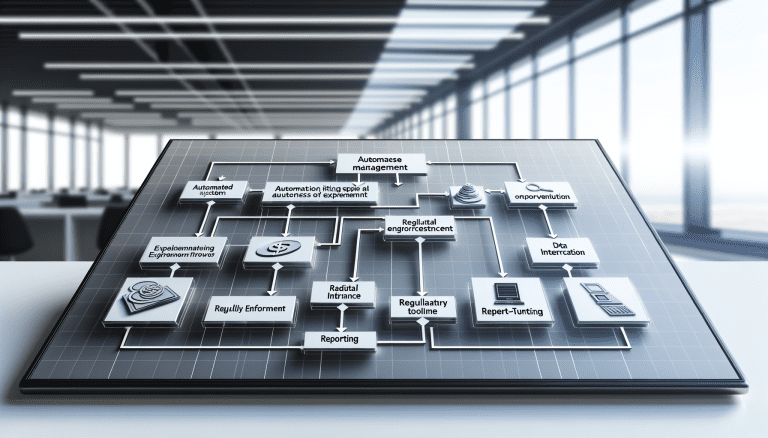Understanding Expense Management
Expense management involves tracking, auditing, and controlling employee-initiated transactions on behalf of a business. Effective expense management systems digitize receipt capturing, automate approval workflows, and enhance policy compliance.
The Role of ERP Systems
Enterprise Resource Planning (ERP) systems integrate various business functions into a unified system. They allow for streamlined operations, improved data sharing, and comprehensive financial reporting. Thus, ERPs are a cornerstone for operational efficiency.
Integration of Expense Management with ERP
Integrating expense management solutions with ERP systems brings notable advantages. It automates expense reporting, ensuring real-time data synchronization and reducing manual entry errors. Integration also facilitates timely financial data access and aligns expense reports with accounting ledgers seamlessly.
Benefits of Integration
The primary benefits of this integration include reduced administrative overhead, higher data accuracy, improved policy compliance, and enhanced employee satisfaction. By merging expense management with ERP systems, businesses can optimize resource utilization and maintain better financial control.
Concluding Thoughts
Integrating expense management with ERP systems is a strategic move that yields significant operational efficiencies. It transforms tedious manual processes into streamlined automated workflows, empowering businesses to focus on strategic goals rather than administrative tasks.
View the original article here: https://www.celigo.com/blog/introduction-to-expense-management-and-erp-integration/




